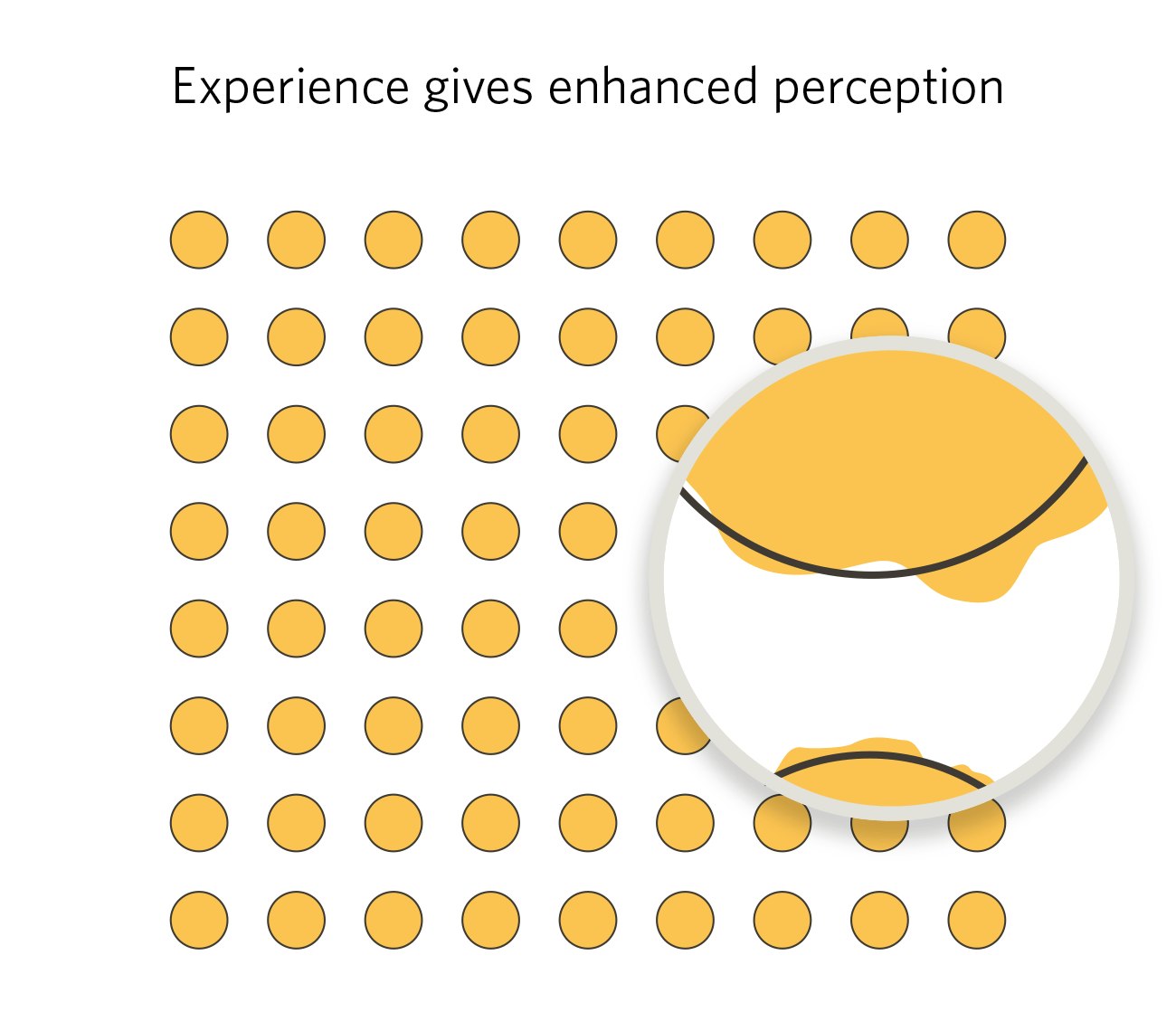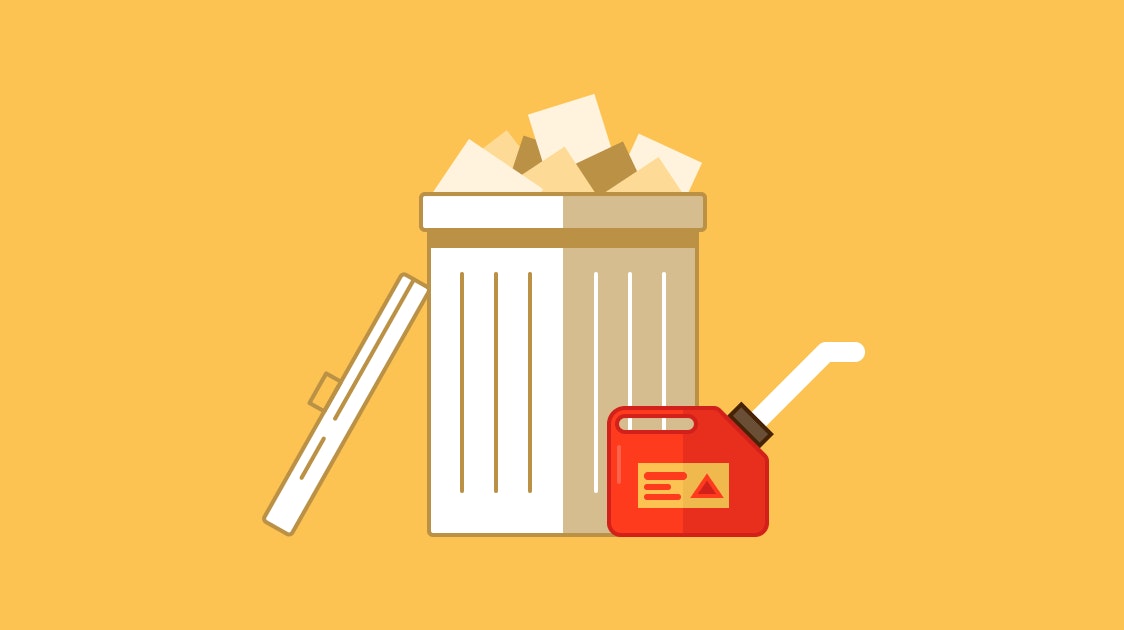Creative work is rarely kind enough to grant the oh-so-satisfying feeling of unquestionable completion. There is no right. There is no wrong. There’s just you and your ideas.
Intuition and feedback are often all you have to measure the final outcome, and it’s difficult to accept those as absolute. Why? Tell me if you’re familiar with this scenario:
'That looks incredible!' says your team. But you heard that six months ago, and now you can’t stand your old work; if only it could be purged. This time you’ll get it exactly right, except you quietly know six months down the line you’ll have reason to cringe all over again.
At a recent Help Scout retreat, I witnessed the “creative cringe” on someone’s face during a presentation. The feeling kicks in after you’ve been reminded of old output you had hoped was long forgotten. Was I drunk when I made this? What was I thinking?
People who practice improve over time, so what’s the big deal with cringing at the past?
The problem is the cringe sits in your gut, and it can slowly erode the confidence you have in what your gut tells you. Moments of certainty soon become cause for doubt — you were convinced that what ended up on the canvas was exactly what you wanted, but experience proved you wrong. You could have done better, if only you knew then what you know now.
You also received feedback from people at the time, and they told you it was good. Great, even. Now you hate it. Can you really trust what people say about your work?
Yes, you can. And you can keep trusting your gut, too. In fact, you should only be worried when you don’t feel the cringe. That’s the calling card of overconfidence and a lack of improvement. Experience gives enhanced perception; the ability to see flaws you didn’t notice before.

If you think you’ll be able to outrun the creative cringe, think again: the only way to avoid it is to plateau. If you aren’t cringing, you aren’t improving.
Creating is something you can never do as well as it can be done. Make things anyway.







